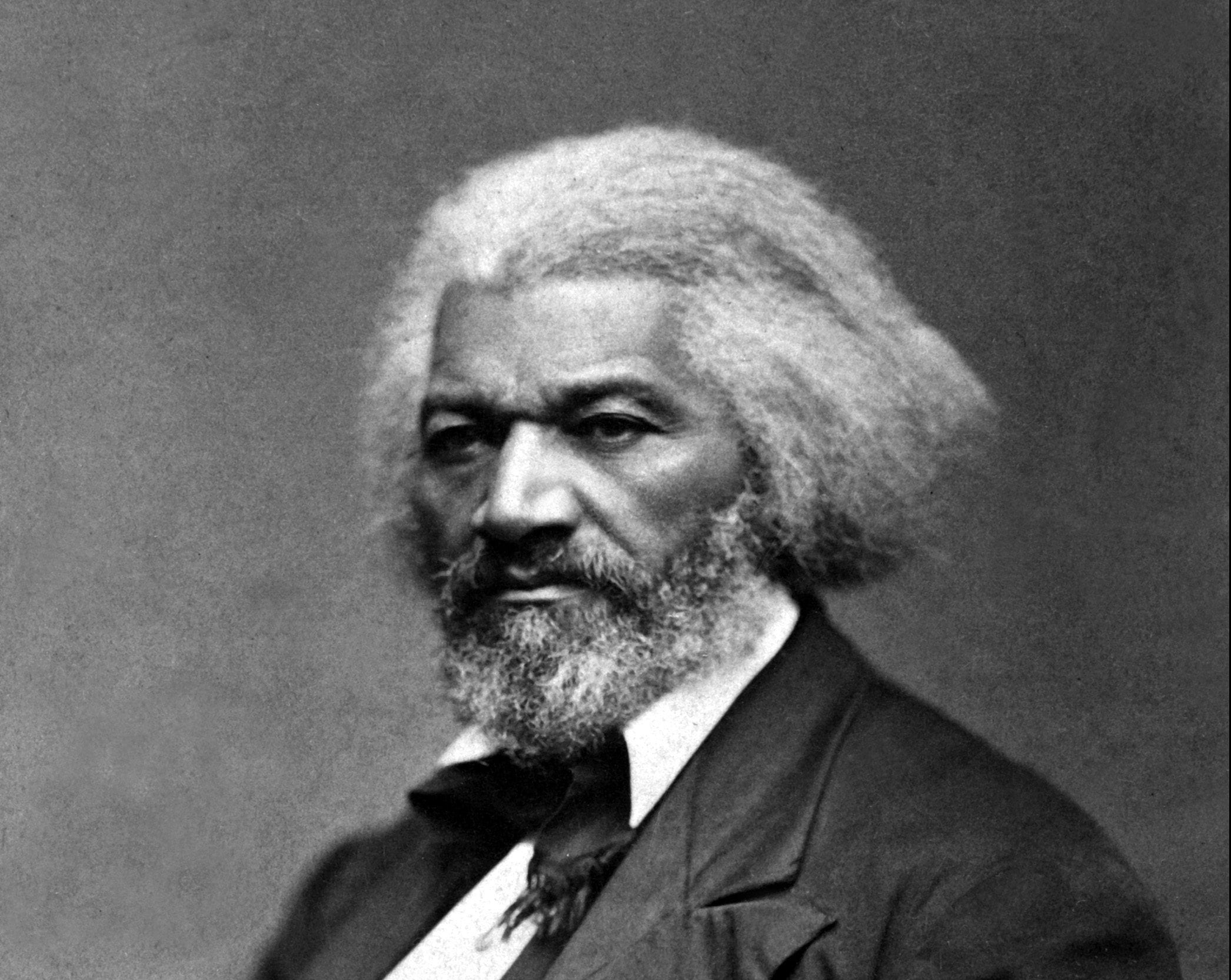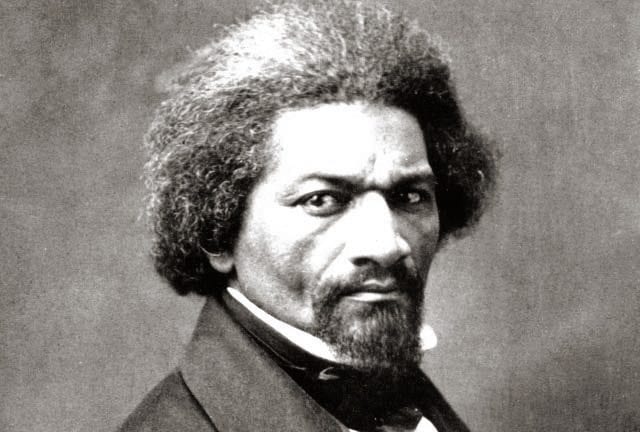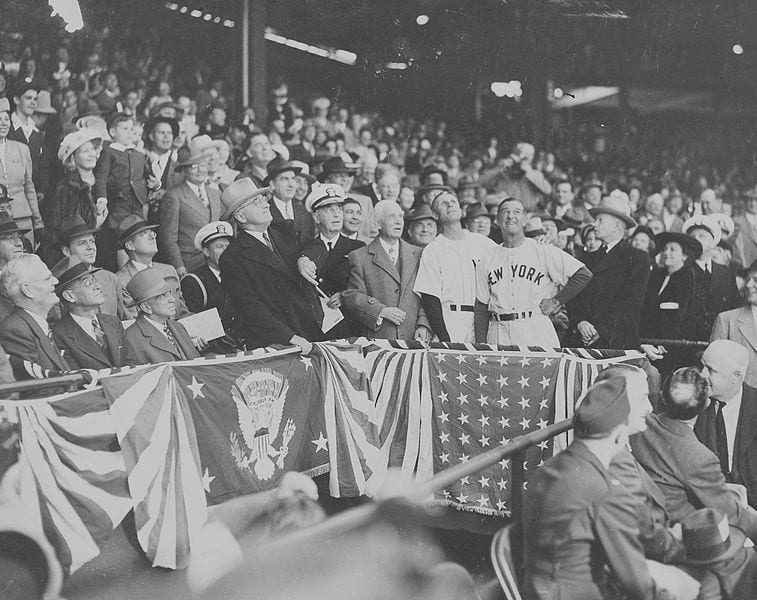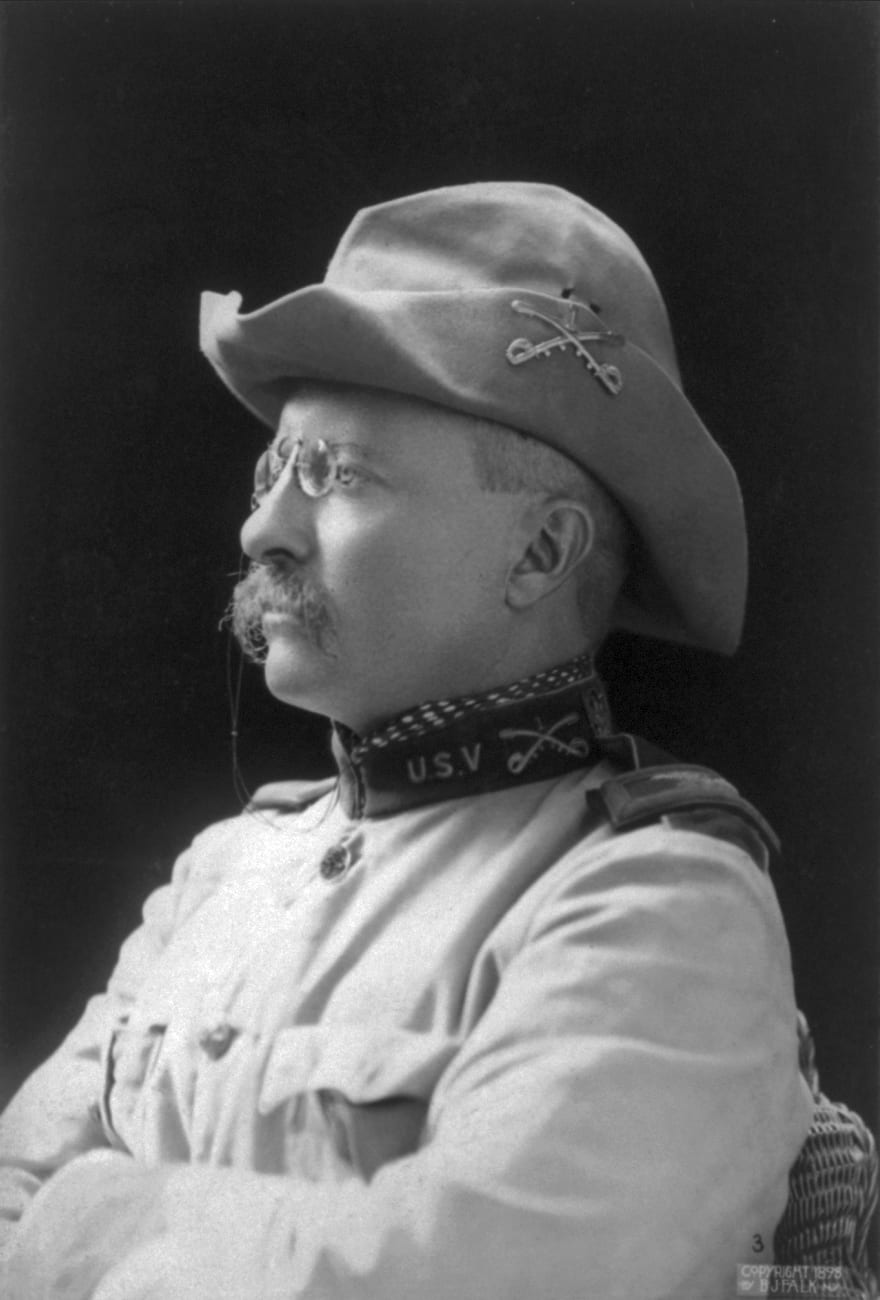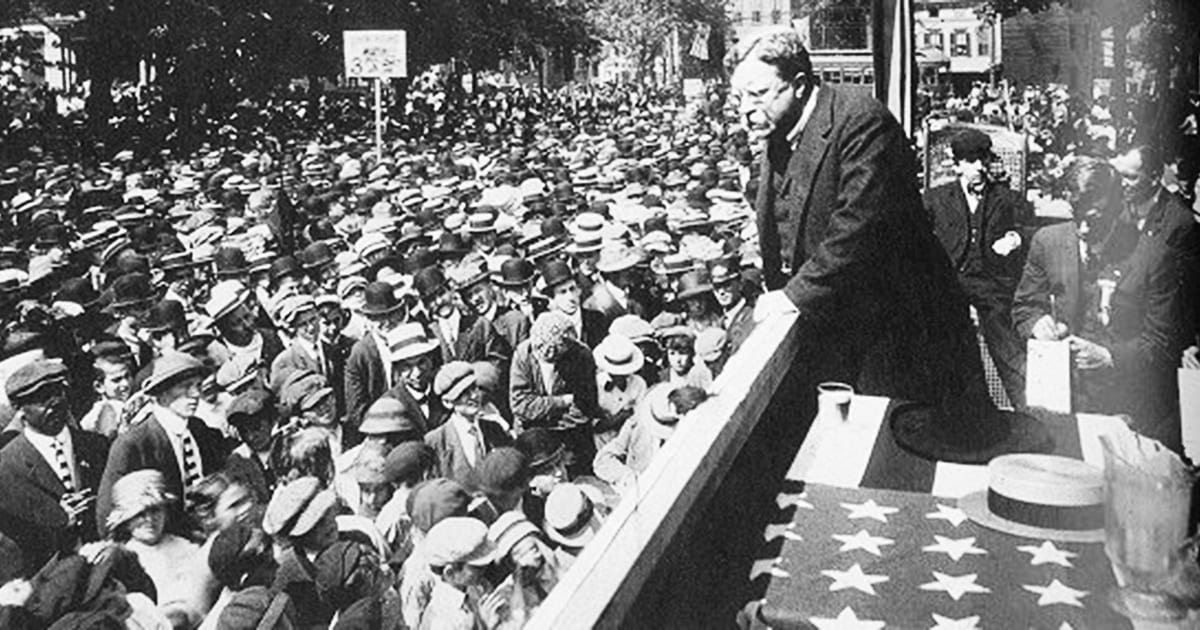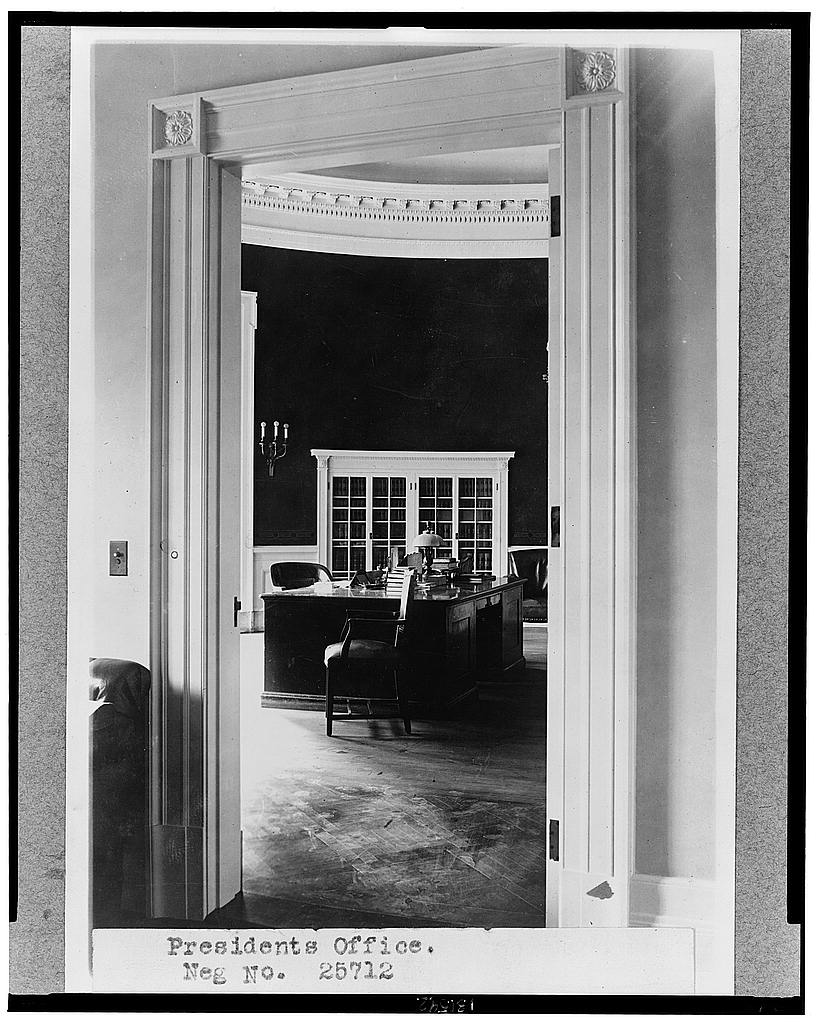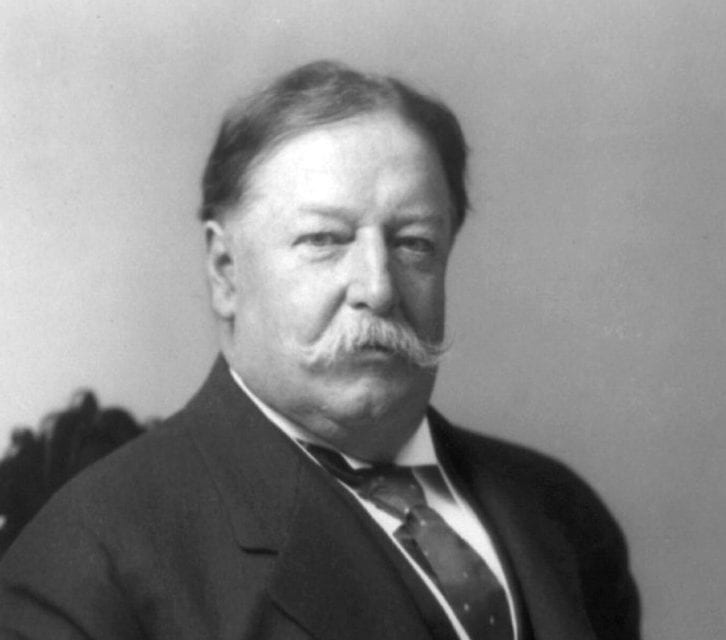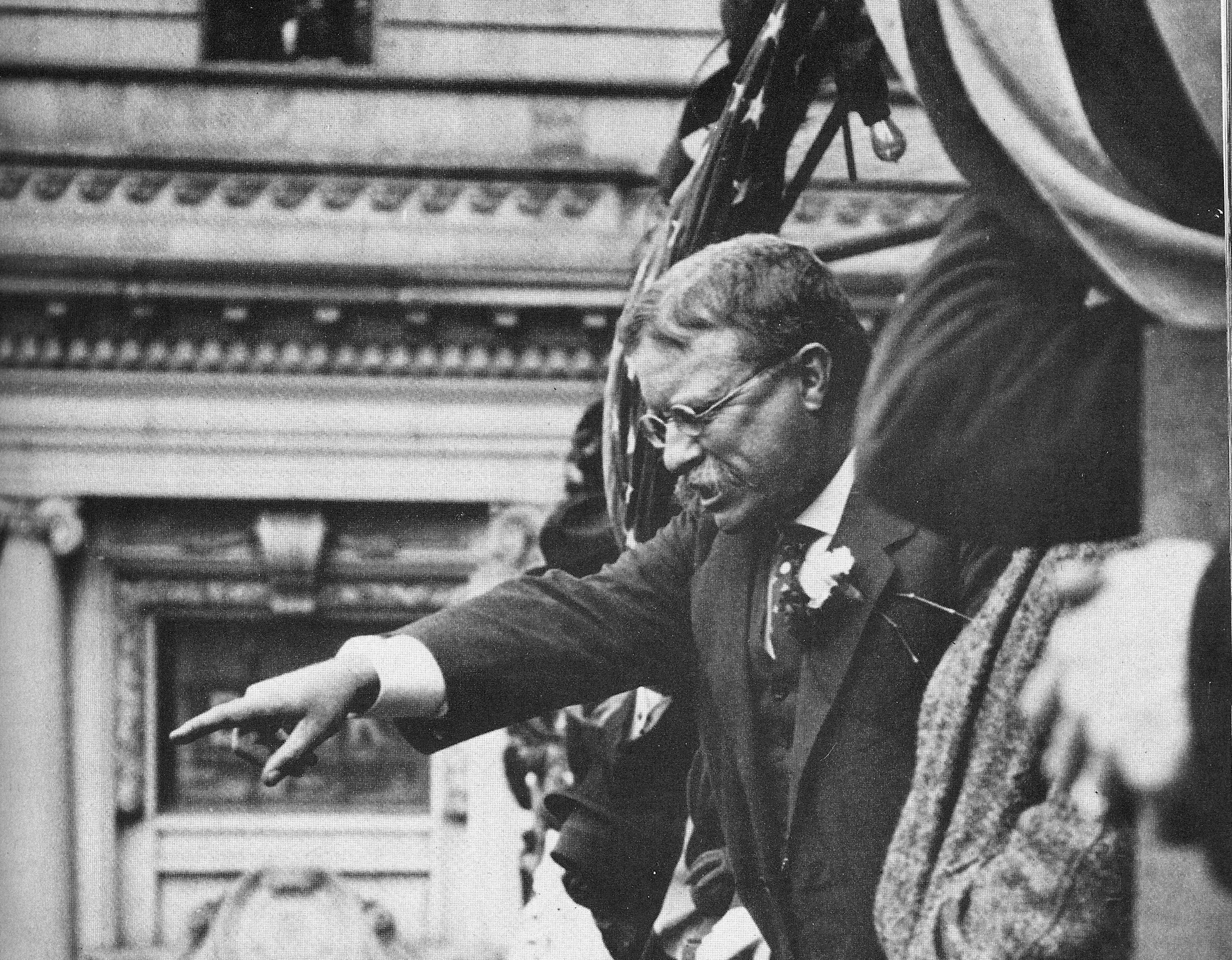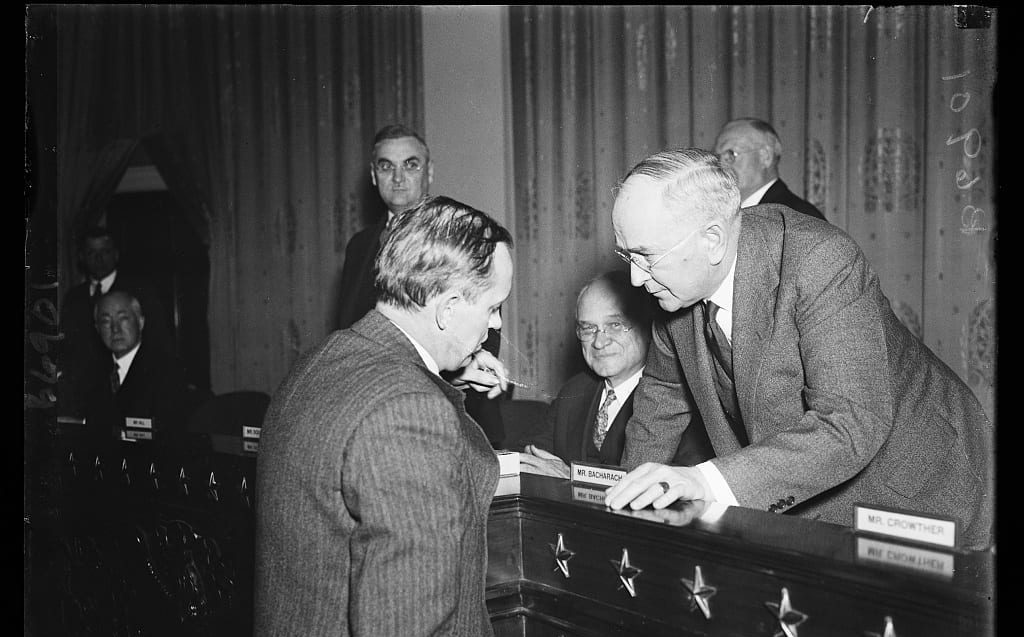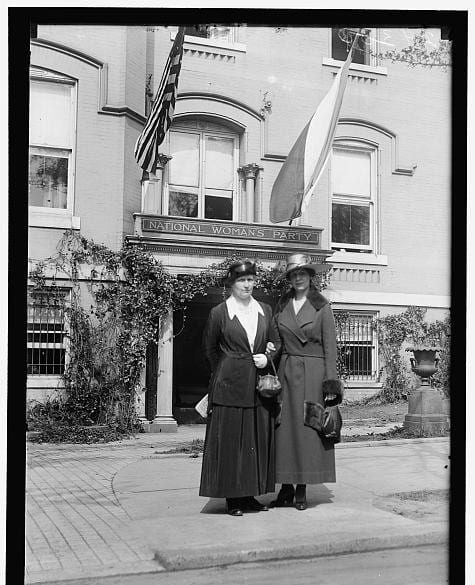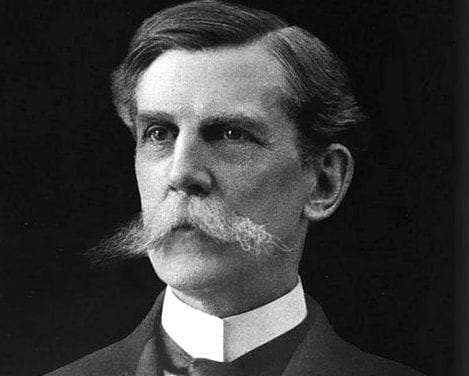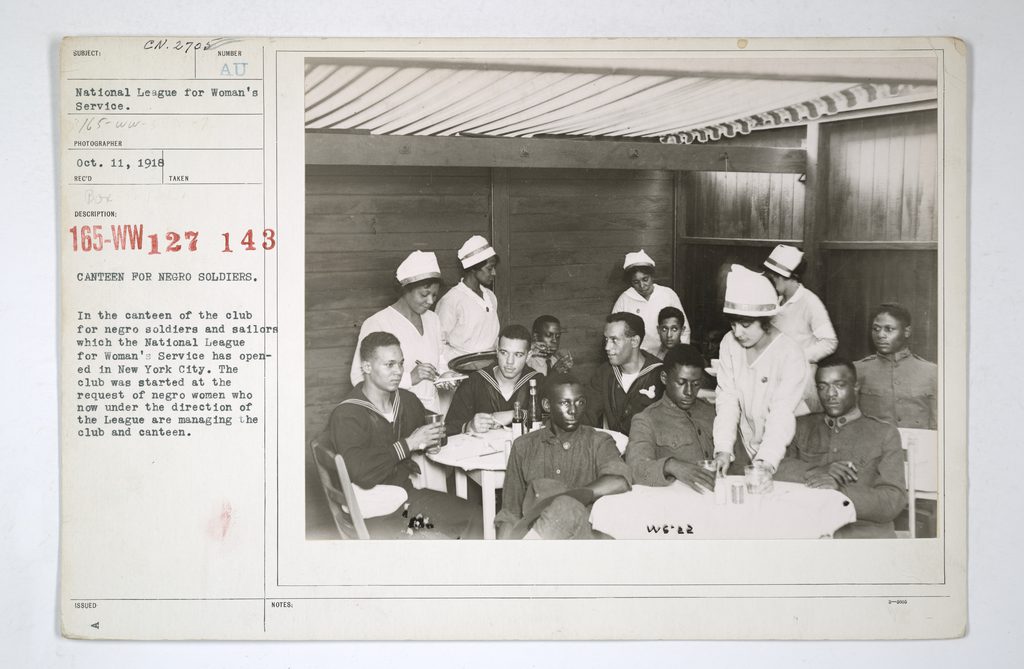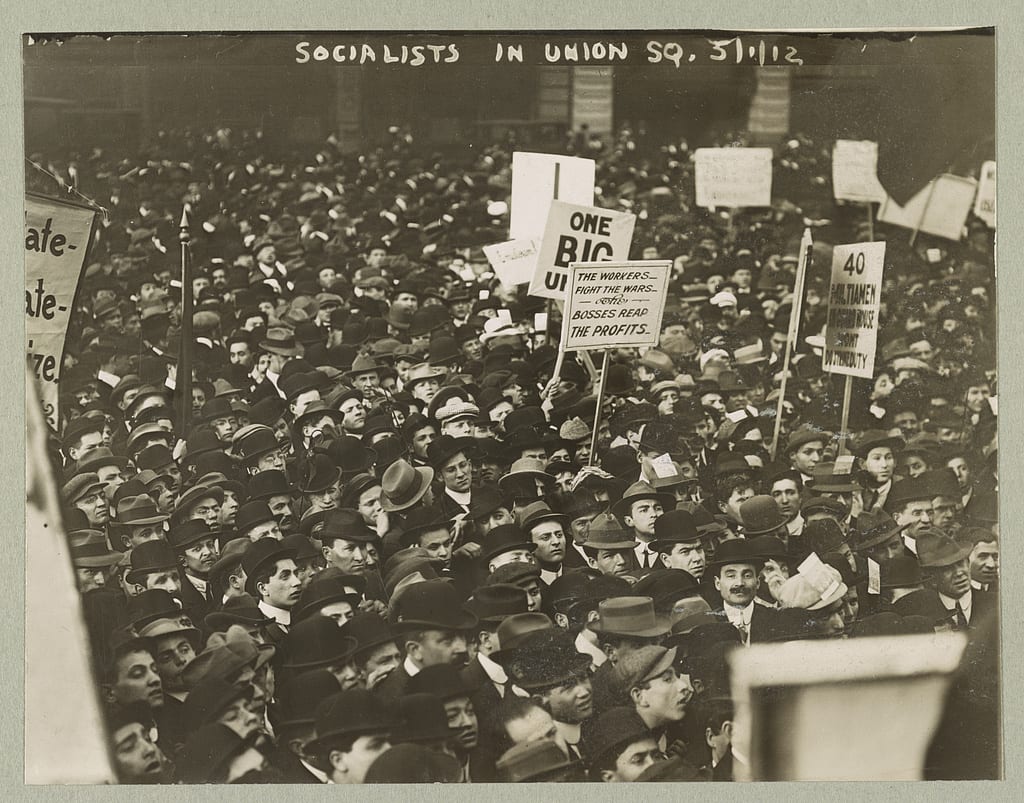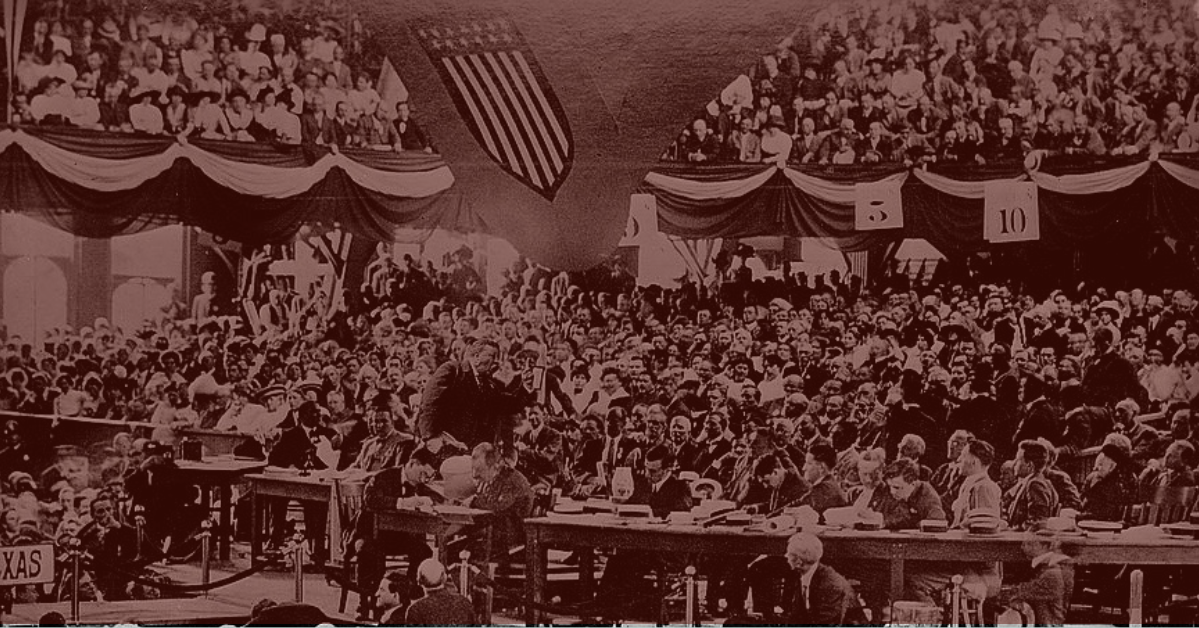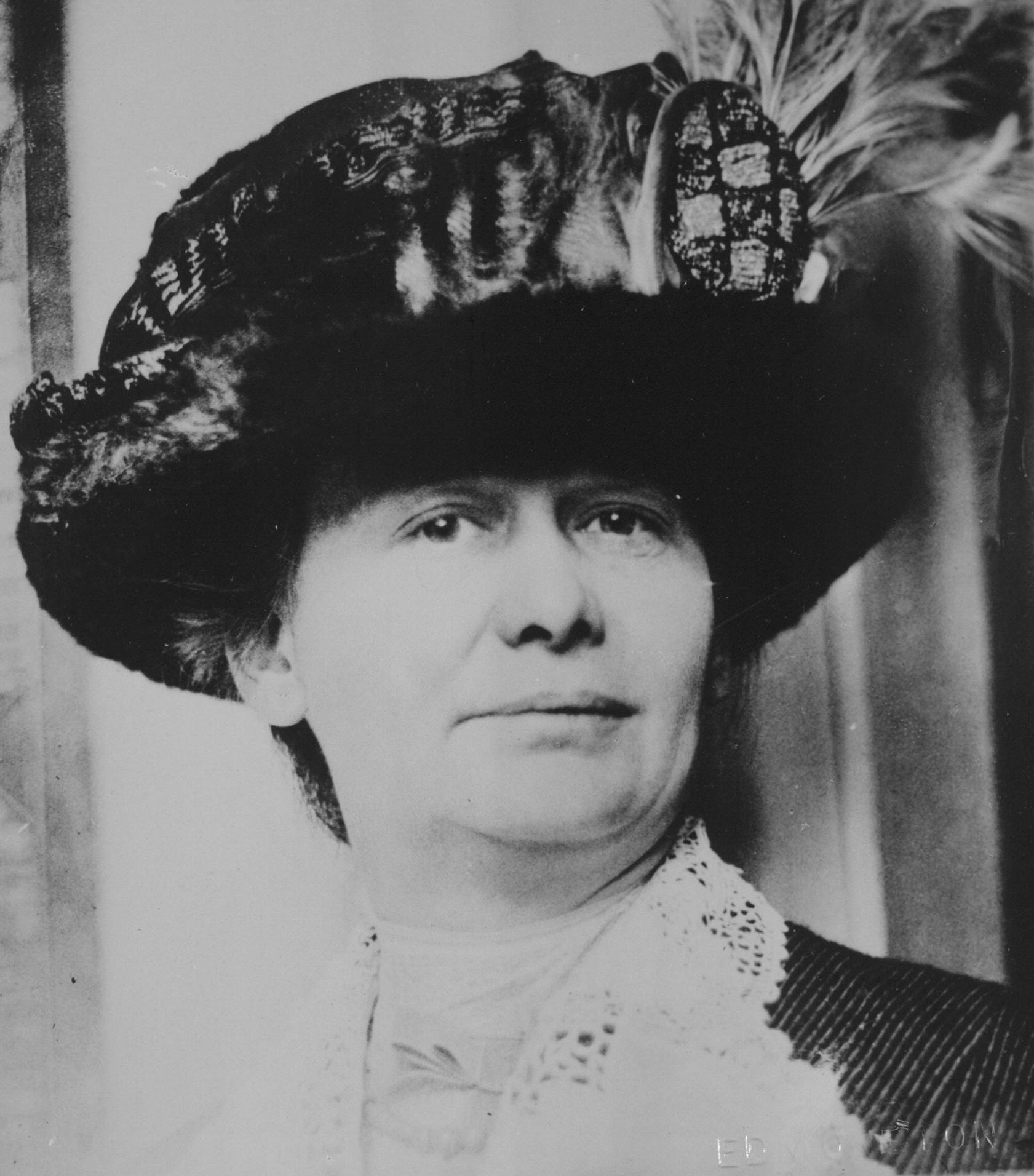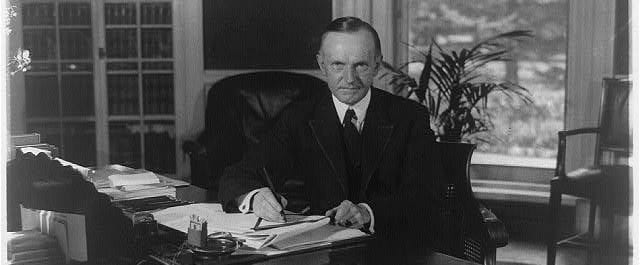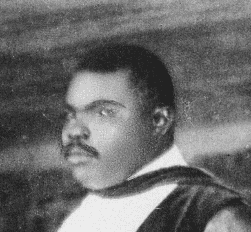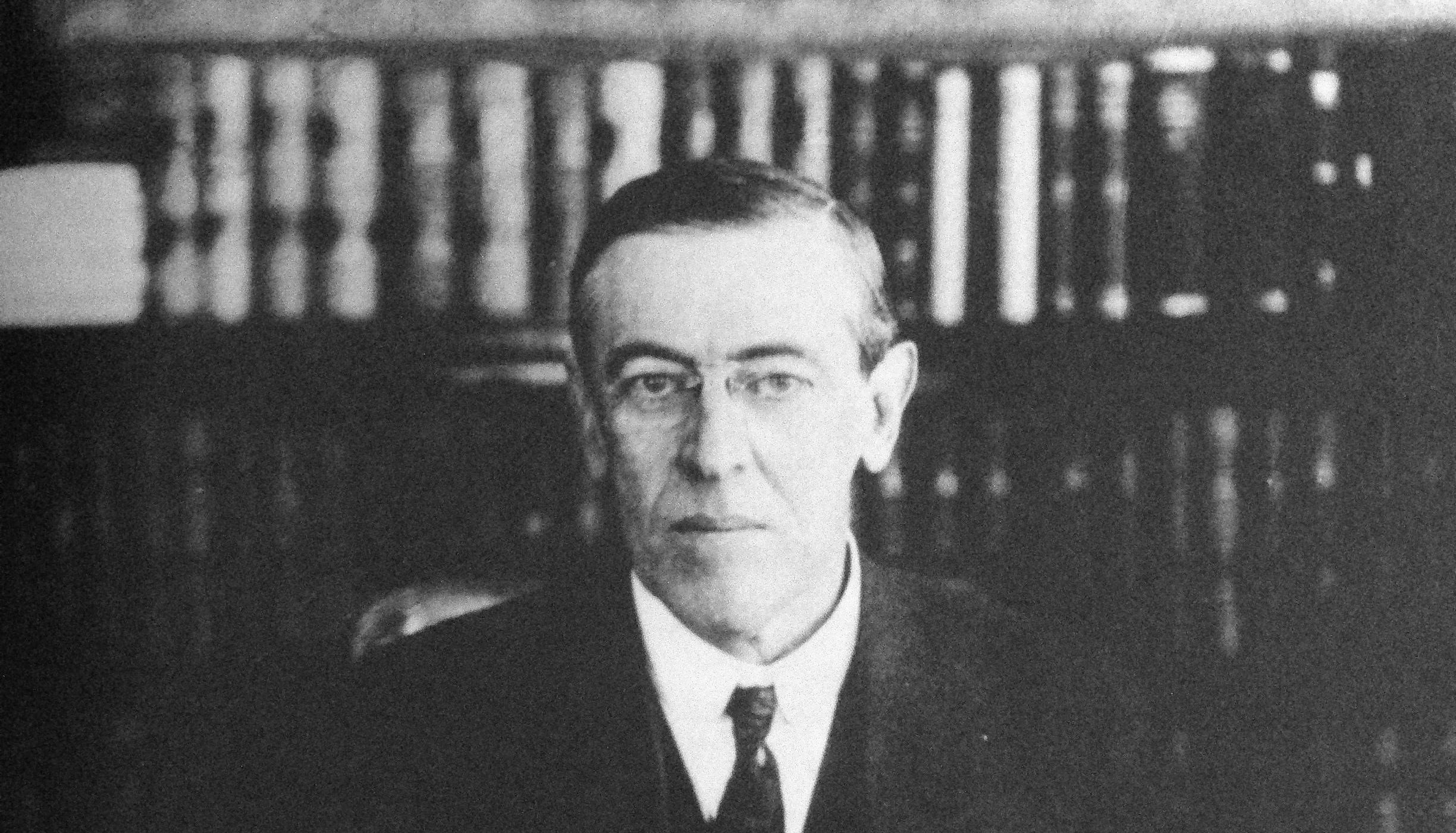
No study questions
No related resources
…What is the Kellogg treaty? It is a brief and simply worded declaration that the nations which sign it agree to “renounce war as an instrument of national policy.” It is a statement of intentions, signed by fifteen nations-the United States; Great Britain and the six British dominions; France and her three allies-Czechoslovakia, Poland, and Belgium; and Italy, Germany, and Japan. These nations have signed this statement, and it is this statement which the United States Senate is expected to ratify by a two-thirds vote. But, as will soon be shown, there are other questions connected with this treaty, having co-equal importance with it, which will never come before the Senate…
France, naturally, as the proposer of the original treaty, led the European concert where reservations were concerned, and a long exchange of notes between Paris and Washington was the result. At first France desired the amendment of the simple draft treaty so as to make it char in the first place that wars of “self-defense” would not be banned; secondly, that the violation of the treaty by any of the signatory powers automatically released the other signatories; and, finally, that nothing in the treaty impaired the covenant of the League of Nations, the Locarno treaties, and the “treaties of neutrality”-the pacts which created the Little Entente in Central Europe.
The State Department thought that if these amendments were secured, there would be nothing left of the Kellogg proposal. A high official of the department told the writer, for instance, that if these points were even admitted the treaty would be made “ridiculous.” But here is what finally happened. The treaty itself was not amended, but the French points were virtually admitted by Secretary Kellogg in his address before the American Society of International Law in Washington on April 28, 1928.
Out of it a curious state of affairs arose whereby these points actually became reservations, although they are not part of the pact itself. This is made possible by the fact that the treaty is so loosely worded as to be nothing more than a “moral” pledge and so as to mean very little in international law. Normally, reservations which are not part and parcel of a treaty and which are only to be found in a diplomatic note would have scant standing in a court of law. But in this case it was felt that the sole value of the treaty lay not in its binding effect–which admittedly is practically nil–but in the “moral” effect which the knowledge of its existence would have on public opinion-which, it was hoped, would be very great. Therefore, it was argued, the special interests of the parties concerned would be adequately cared for if they were incorporated in diplomatic notes, provided that these notes received the same attention from the public as did the treaty itself. It thus follows that these reservations demanded by France are actually, if not legally, co-equal with the pact itself. But the Senate will not pass on them. The Senate has only the pact before it, and this is so simple and so general as to make reservations, in the old sense, impossible. The Senate can either ratify or refuse to do so. In the case of this pact, whose only significance is “moral,” the Senate can pass on only a fraction-and not the most important fraction at that…
There is another French reservation which has not attracted so much attention in Europe, but which seems to be a rather dubious one for the United States to sanction. That is the reservation which, in effect, excepts from the scope of the treaty the so-called “treaties of neutrality” which France has concluded with the new countries of Central Europe and which are frequently referred to as constituting the “Little Entente.”
France has agreements with Czechoslovakia, Rumania, Jugoslavia, and Poland. They are designed to carry out a sort of Einkreisungspolitik of Germany. They aim to prevent Germany from realizing whatever expansionist ambitions she may have and, in general, to insure the maintenance of the territorial arrangements of the Versailles treaty…
These “treaties of neutrality” are very close to France. They are cardinal points in her foreign policy. She has virtually agreed to go to war in support of them, for on them she places her reliance that she can keep Germany down. We have no quarrel with that, but should we, even by the slightest gesture, accept French plans and policies in that direction? France, in effect, says to us, “Yes, we agree never to go to war except in those cases where we are most likely to have to go to war.” Is it proper for us to give official sanction to such a statement? Does it not really “cut the heart” out of the Kellogg treaty?
I have just analyzed the two principal reservations to the Kellogg pact-that which excepts wars of “self-defense” and which makes each nation its own judge of what constitutes “self-defense” and that which excepts from the scope
of the treaty all questions pertaining to the chief danger spots of the world. There are others-notably Great Britain’s representation enunciating in effect a British Monroe Doctrine zone, where no interference is to be tolerated. This adds to the exceptions to the treaty; it removes from its scope another wide area whence international complications might spring; and seems to help reduce the pact to nonentity. Moreover, there are no reservations for the zones of American interest, such as the Panama Canal. Indeed, there are no American reservations at all…
I have tried to show that the Kellogg treaty has no binding force, and this is admitted even by its strongest supporters; that it is so surrounded by exceptions as to be robbed of its value; and that connected with it are reservations, such as that pertaining to self-defense, which are sources of danger and provide official; international loopholes for waging wars of conquest. Why, then, is it desired?
The nations of Europe seem to desire it most, in spite of the fact that their representatives in this country certainly realize the impossibility of its fulfilling its purpose. They want it because to them it means American participation in their affairs. This has been shouted from the house-tops; it has been proclaimed in many public ways; it really needs no proof. The Paris correspondent of the New York Times, for instance, in one of his many dispatches on the subject says:
It cannot be overemphasized that the European nations accept the Kellogg treaty as a means to let or get the United States into the world councils. . . They count on America to help handle and suppress conditions which might cause violation of the American-made compact.
An experienced foreign office reporter, M. Jules Sauerwein, foreign editor of Le Matin, writes from Paris on the same subject and in the same American newspaper. M. Sauerwein has for many years been in intimate touch with the French foreign office and his writings are consequently of at least a semi-official character. He says:
The United States takes a world-wide responsibility which she shunned the risk of during the last ten years. Inasmuch as it is now agreed that all existing treaties, especially the covenant of the League, are confirmed and strengthened, and considering that the signatory nations regain liberty of action against violators of the compact, the United States government becomes’ the moral guardian of the Peace Treaty and subsequent treaties.
The “moral” phase of the question has, as I have said, great force. On an-other point this reporter is also instructive.
M. Briand [he says] in the latter part of the negotiations was very skillful in bringing the United States to recognize as valid all existing treaties. Now France and America stand as charter members of this new moral association of nations.
Is this realized in the United States? Does the Senate intend to “recognize as valid all existing treaties”? It refused to do so ten years ago. I shall quote M.
Sauerwein again, for his view seems so typical of why Europe considers it to her self-interest to have us sign this treaty.
One should not exaggerate nor belittle [he continues] the risks and entanglements which may result for the United States from this new burden she assumes in international politics. . . . One should not underestimate the responsibilities and duties which will fall on the United States. Especially the citizens of that country should avoid the illusion that risks of war can be eliminated by contagion of pacific ideals. One must indeed be optimistic not to see in different corners of Europe real possibilities of war.
After discussing in some detail Lithuania’s desire to seize Vilna, Hungary’s ambition to enlarge her frontiers, Germany’s hope to abolish the Danzig Corridor, Italy’s dream to win Tunis, Corsica, Nice, and Savoy, Jugoslavia’s plan to hold Saloniki, and Bulgarian plots to secure Constantinople, he concludes:
If one adds the fact that the Bolsheviki work constantly to create conflicts, we can see what a grave thing, but what a magnificent thing, the United States has undertaken in seeking to prevent another war in Europe.
Candidly, is this understood in this country? Do Americans intend to take this role in Europe or Asia or South America or in any other corner of the globe? Would they approve of the Kellogg treaty if they saw it in this light? I think it not unreasonable to say that they would not.
The same thing has been expressed in different ways. Sir Austen Chamberlain, foreign minister of Great Britain, discussing the treaty, said in the House of Commons on July 3o:
If the American nation ranges itself behind its own treaty, then in-deed the signature of the treaty will be an additional and most formidable deterrent of war, and it will be in addition a most valuable security for peace.
The New York World on the same day uttered a similar warning:
Americans must not think that Mr. Kellogg’s treaty brings us to a goal; what it brings us to is merely a good starting point.
In this editorial it explains that membership in the World Court is the logical next step.
What, if anything, has Secretary Kellogg said about this? The New York Herald Tribune, in an editorial on July 19th, charged that the treaty involved us in the quarrels of Europe and entailed great sacrifices on our part without bringing us anything in return. On July 21st Secretary Kellogg, in a press inter-view, indicated that it did no such thing, arguing that since it is without sanctions it is similarly free of legal commitments. Is this not a plain non sequitur in view of his belief that the importance of the treaty is not legal but moral?
The fact is that “European public opinion believes that as a consequence of
the new treaty the United States will join in any League action to employ military and naval force against any nation pronounced by the League authority to be an aggressor or, at the very least, will respect the naval blockade and the financial and economic boycott which the same body may pronounce against any power. In either case we should become, legally, co-belligerents with the League powers.” The above is quoted from a letter written to the New York Times by Mr. Frank H. Simonds on August 6th. His standing as an utterly unbiased observer of European affairs needs no comment. Mr. Simonds continues:
Thus the distinction between President Wilson’s proposal and that of Secretary Kellogg would appear to lie in the fact that while the former legally bound us to share in European operations, having participated in the discussions which led to undertaking them, the latter would bind us morally to share the similar operations which had been decided upon in our absence. As between the two, it seems hardly to be questioned that the former was the less dangerous.
…Europe has given us clear and unmistakable proof that she regards the Kellogg treaty as obliging us to interfere and that her interpretation of it is totally different from ours. And interpretations, where so vague a pact is concerned, are of prime importance. Formally to agree to such a pact, when opinions on both sides of the water are so wholly different, is really not to agree at all, but to sow the seeds of more trouble and misunderstanding.
It is difficult to see how the Senate can disregard such clear warning. If it ratifies the treaty it justifies inevitable criticism from Europe later on-criticism which will be far more severe than any which would attend its refusal to ratify. It has been argued that Europe would be very much distressed if the Senate should refuse to ratify, and would loudly criticize us for refusing to back up “our own treaty.” This cry would undoubtedly be raised if the Senate refused. But it would have only the scantest foundation in fact and so could not be persistent…
If the question of ratification be considered solely from the standpoint of incurring European anger, must it not be set down that it would be better to refuse to ratify it now rather than wait till later? And from the standpoint of historic American foreign policy, does not rejection seem the one intelligent course to follow? The treaty may be a good enough thing for Europe; but it cannot be repeated too often that the position of the United States in world affairs is wholly different from that of the individual European state. This statement does not seek to deny the assertion that we have an interest in what happens in Europe. But our interest is bound to be peculiar and our actions are certain to be different. We are so happily situated by geography that what happens in Asia or Oceania or South America is of nearly equal interest to us with what happens in Europe. Being so far away and so remote from strife, we can apply ourselves to improving our civilization and, perhaps, setting a real example to mankind. In any case, our influence in the affairs of others should not be fettered and pre-determined. On the contrary, should we not adhere strictly to the simple rule the United States should never agree in advance to support or oppose any Power or group of Powers?…
I have tried to show in the foregoing the dangers to world peace contained in the Kellogg treaty and the sacrifices which it would compel us to make to Europe without receiving anything in return. These are in themselves ample argument for the Senate to refuse to ratify. But there is one last argument, which seems to me more impressive than all the rest.
As I have said at the beginning, the last few years have seen a widespread interest in and deep desire for peace. It was for our public servants in Washing-ton to take advantage of this sentiment, interpret it, and give it effect. It was a grand opportunity, with the public in a highly receptive mood, to clear up some of the misconceptions about war. In my judgment they wasted that opportunity.
They could have said, for instance, that so great a luxury as the abolition of war–and what luxury could conceivably be greater?–cannot be obtained without sacrifice. They could have pointed out in some public and impressive way that these sacrifices must be made by those who would benefit most from the abolition of war–the rank and file of the people.
They might have suggested, for instance, that those newspapers which increase their circulation and their revenue by sensationalizing war stop doing so. They might have pointed to the ever-increasing number of business houses, which since the War have been promoting American foreign trade at the expense of such nations as Great Britain, for instance, to whom foreign trade is far more essential than it is to us. They might have made it clear that there are certain business men who, by asking the Department of Commerce for aid in promoting the foreign sale of their product, are actually building up causes of war. These very business men, to be sure, would hotly deny such a charge. They would be perfectly sincere in so doing. But in some cases at least they are making for economic pressure, and their activities are, in fact, contributing causes of war. Yet they do not realize it and neither do the most active and energetic pacifists. That is the worst of it: the chief causes of war are unconscious and unthinking; they spring from apparently peaceful pursuits. But are they not far more dangerous than the navy, which is merely an obvious symbol of the treasure to be defended? Is not the ending of war dependent on a brave and clear realization of ultimate responsibility and, truthfully, can it be said that the Kellogg treaty even contributes to such a realization?
If these and similar commercial activities were curtailed, real sacrifices in money, production, and employment would be the result. Perhaps this curtailment would not be worth doing; perhaps war is cheaper in the end., But why not face the real facts and, after facing them, make the decision? An active, growing state collides with its neighbors. The vast ferment of life and of human activity brings war on-not the neatly worded understandings of diplomatists. To have pointed this out would have been realistic and courageous.
I do not suggest that any attempt should have been made actually to cut down those activities which make for economic pressure and so often result in hostilities. Such an attempt, at this stage, would have been doomed to failure. Education is necessary, but the government could have called attention to the situation, and so have paved the way for reducing the activities of our growing nation if it saw fit to do so. Instead, they gave us the Kellogg treaty which is an attempt to get something for nothing-and that, as every child knows, is impossible.
In the meantime hundreds of newspapers are hailing the treaty as a great step towards permanent peace, and thousands of persons are being made to believe that something really has been done, when, of course, nothing has or can be until a price is paid. A sense of false security is thus created and official sanction is thereby given to a most portentous misconception.
The conception of renouncing war by governmental fiat seems inherently absurd. The great forces in modern society-and especially American society-are quite independent of the government. We are in great measure our own masters. The banks, the newspapers, the great organizations of business-that whole body of influences which affect our thoughts, our food, our clothes, and our incomes goes forging along no matter what Washington says. We, as individuals, cannot dodge the responsibility for war; we cannot put it off on a few office holders, no matter how conscientious or well-meaning they may be. That may have been possible once; it is no longer possible to-day.
It seems to me that this attempt to get something for nothing, which is actually a program to give something for nothing, entrenches war more solidly than ever. War fears truth and realism; only understanding and mutual sacrifice can end it. Is it not apparent that the Kellogg treaty, with its many textual dangers, only thickens the haze, deepens the pitfalls, and once again postpones the day when some really clear thinking is done?…
Inaugural Address (1929)
March 04, 1929
Conversation-based seminars for collegial PD, one-day and multi-day seminars, graduate credit seminars (MA degree), online and in-person.



